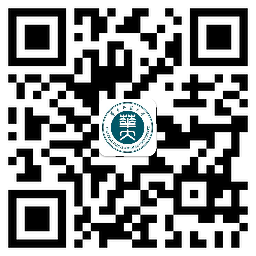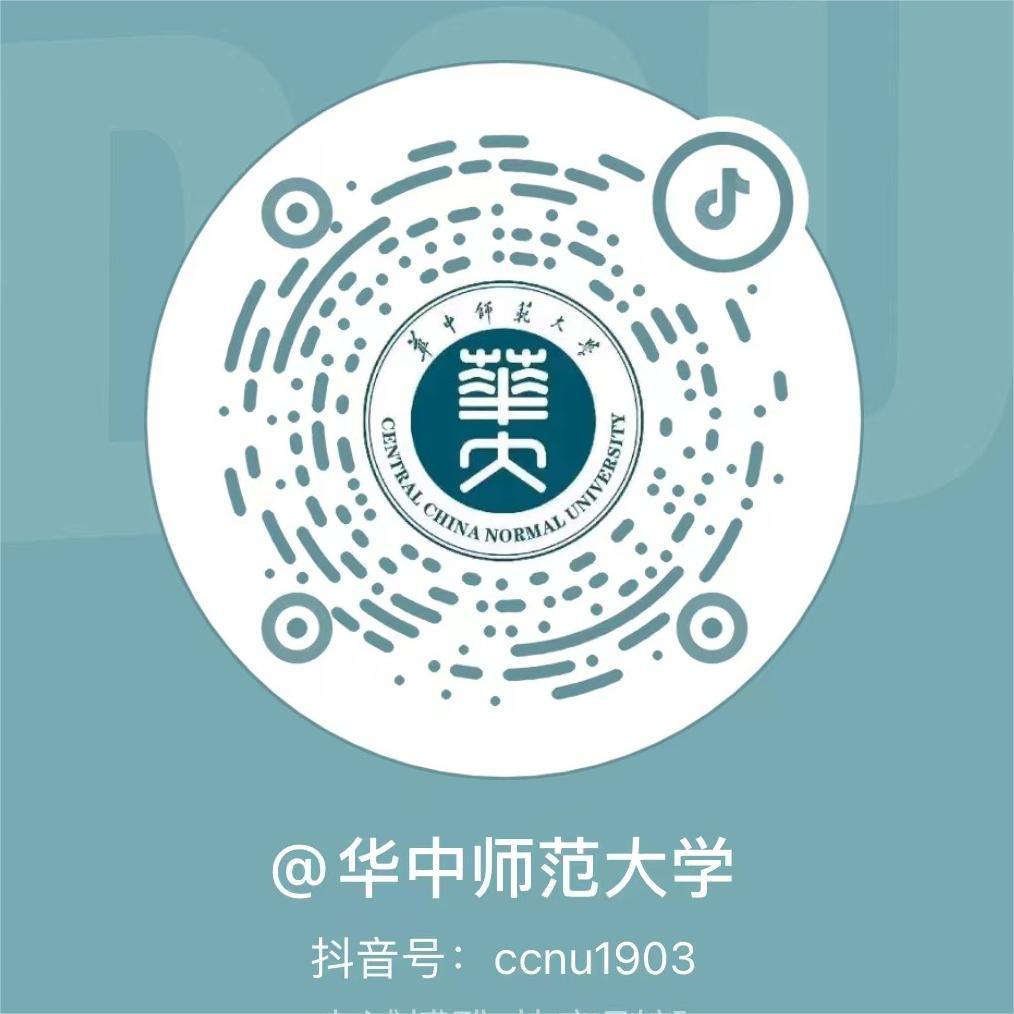On March 2, Professor Lin Yan from the faculty of Literature of Central China Normal University was invited to participate in the CCTV program "The Biography of the Great Master Wang Anshi of the Eight Masters of Tang and Song ". We took this opportunity to do a detailed interview with Professor Lin Yan.

Interviewer: It's evident that you has a deep interest in the Literature history of the Song and Yuan Dynasties, especially in the six prosaists of the Song Dynastiy. Notable contributions to this field have made a deep impact on the program, bringing about significant effects. Professor, can you please share some insights and experience to guide our university students in their academic pursuance?
Professor Lin: From the perspective of undergraduate study planning, I recommend dedicating more time to reading, particularly in the classics. Taking take ancient literature course as an example, on the one hand, we have a rich history and many classic works left unstudied, necessitating more time for reading and learning. On the other hand, we must learn to make choices, as it's challenging to cover everything within the four-year timeframe of undergraduate study. Regarding literature, it encompasses a broad range of fields, but the most well-known are the works of famous writers, such as the Eight Masters of Tang and Song. Therefore, in the study of professional fields, it's advisable to focus your efforts on targeted learning, investing more time where it matters most.
Interviewer: Professor Lin, In your interview with Changjiang Daily, you mentioned that the cultural inheritance should be carried out through a creative transformation. Could you please elaborate on how we can should encourage individuals, especially college students, to effectively engage in reading in reality?
Professor Lin: Given the academic pressure and urgent time, I believe this question can be divided into two aspects. Firstly, there's a phenomenon known as "China- Chi" or "China- Chic Aesthetics"(国潮美学), which is quite familiar to everyone. For example, many young people nowadays like to wear Hanfu (traditional Chinese clothing), symbolizing a resurgence of national pride. This trend is likely to become increasingly common increase over time. I attribute this phenomenon to China’s growing strength after over thirty years of rapid development and reflecting a newfound cultural confidence. As for concrete transformations, I believe many artistic creations have already reflected this trend. For example, CCTV's "Eight maters of Tang and Song" or the immersive performance of the Datang City that Never Sleeps
in Xi' an, Shaanxi Province are exemplary instances of cultural inheritance are all great examples. These initiatives exemplify effective means of preserving and transmitting traditional culture in contemporary society.

Interviewer: When watching this program, there was a segment on the Yuan Day where Sima Guang(Si'ma Guang) pointed out that Wang Anshi(Wang An'shi)' s reform bore some resemblance to Shang Yang's reform, and he attempted to persuade Wang to make certain adjustments to the content of the new law. At that time, Wang offered some refutations. We are interested in understanding your perspective on the similarities and differences between Wang and Shang's reforms.
Professor Lin: Reforms have occurred frequently throughout Chinese history, but most have ended in tragedy, including Shang Yang's reform. I believe Sima Guang(Si'ma Guang)'s question was more of a warning, indicating that Wang's approach to reform might encroach the interests of multiple parties and lead to an undesirable outcome. Wang once penned a poem specifically about Shang Yang's reform, expressing his confidence and determination in his own reform plan. To elevate the discussion to a broader level, it boils down to the divergence in the two individuals' political ideologies. In essence, Wang appears somewhat eager for a quick success and immediate benefits. Therefore, I believe his reform efforts would have been more successful if they had taken regional differences into account or been more flexible. As for Sima Guang(Si'ma Guang) and Wang Anshi(Wang An'shi), I perceive them as embodiments of gentlemen who are harmonious accordant yet different in their approaches.

Interviewer: While watching the program and reviewing the materials, we discovered that Zeng Gong's works accounted for 40% of the Eight Literary Masterpieces of Tang and Song Dynasties. However, in the course of our study, we encountered very few of his works. Could you tell us why is it in this case ?
Professor Lin: Zeng Gong was deeply influenced by Confucianism and spent a considerable time working in the Pavilion, imbuing(infusing) his works with strong academic value. It's worth noting that during his era, neo-Confucianism held sway for a significant period. As a result, Zhu Xi highly esteemed his works, leading to most of them were incorporated into ancient Chinese literature. However, following the May Fourth Movement, there was a shift towards emphasizing the emotional aspect of literature. This shift altered the standards and the concepts of literature, leading to changes in selection criteria. Consequently, there was a decline in the prevalence of relevant articles, signifying a transition in literature from brilliance to obscurity.
Interviewer: One last question, Professor, What do you believe to be the most challenging and difficult thingin the studying of ancient Chinese literature and inheriting theprofound traditional Chinese culture?
Professor Lin: I believe the primary challenge lies in the vast temporal gap separating us from ancient traditions. Taking the Song Dynasty, for instance, it existed approximately 800 years ago. As time passes, historical contexts change, and the written language itself evolves from ancient Chinese to vernacular. Consequently, there are often obstacles in comprehending ancient texts. This is why many of us begin memorizing famous ancient Chinese articles from middle school – to experience the unique charm of ancient Chinese and the beauty of its language. Although we may develop a sense of rhythm while reading, it's essential to remember that ancient texts lacked punctuation, making it a gradual process to understand and immerse ourselves in the world of the ancients. Therefore, the greatest challenge in studying tradition or technology is to overcome the linguistic barriers inherented in classical literature. This requires dedication of time and effort to studying classics.




